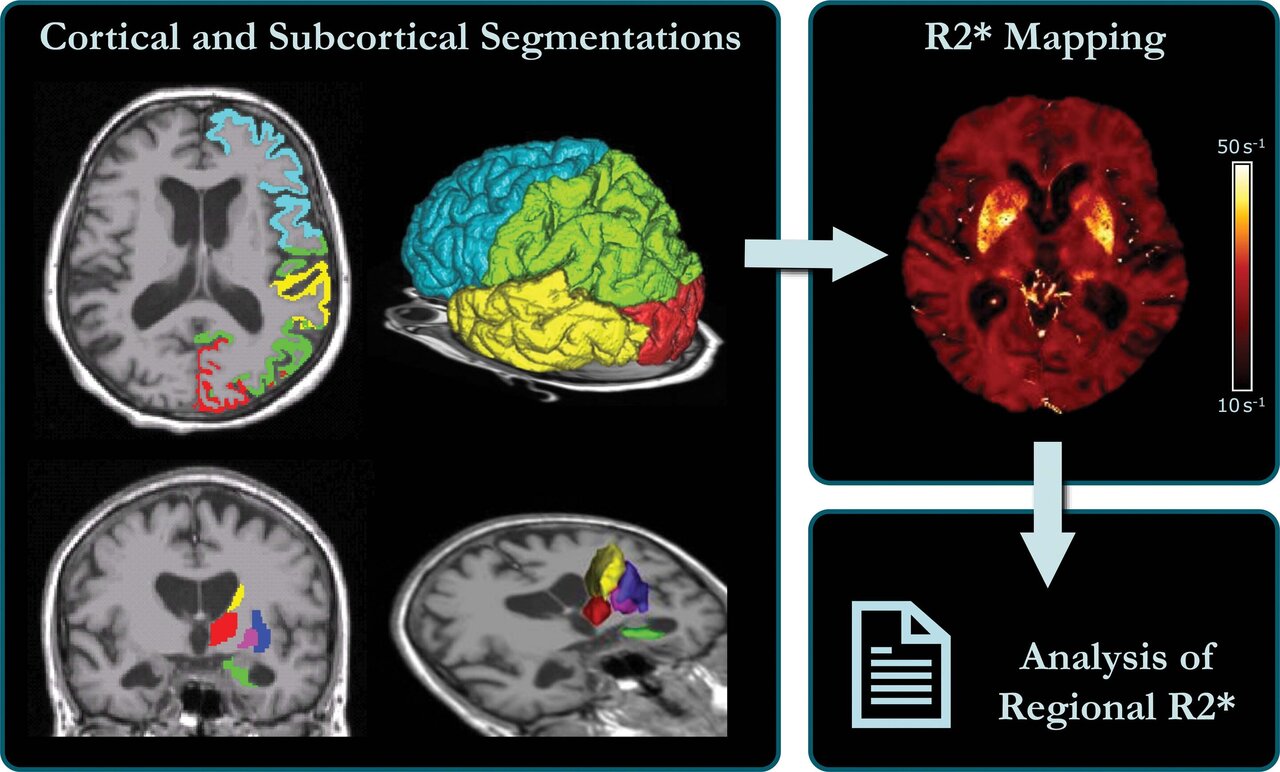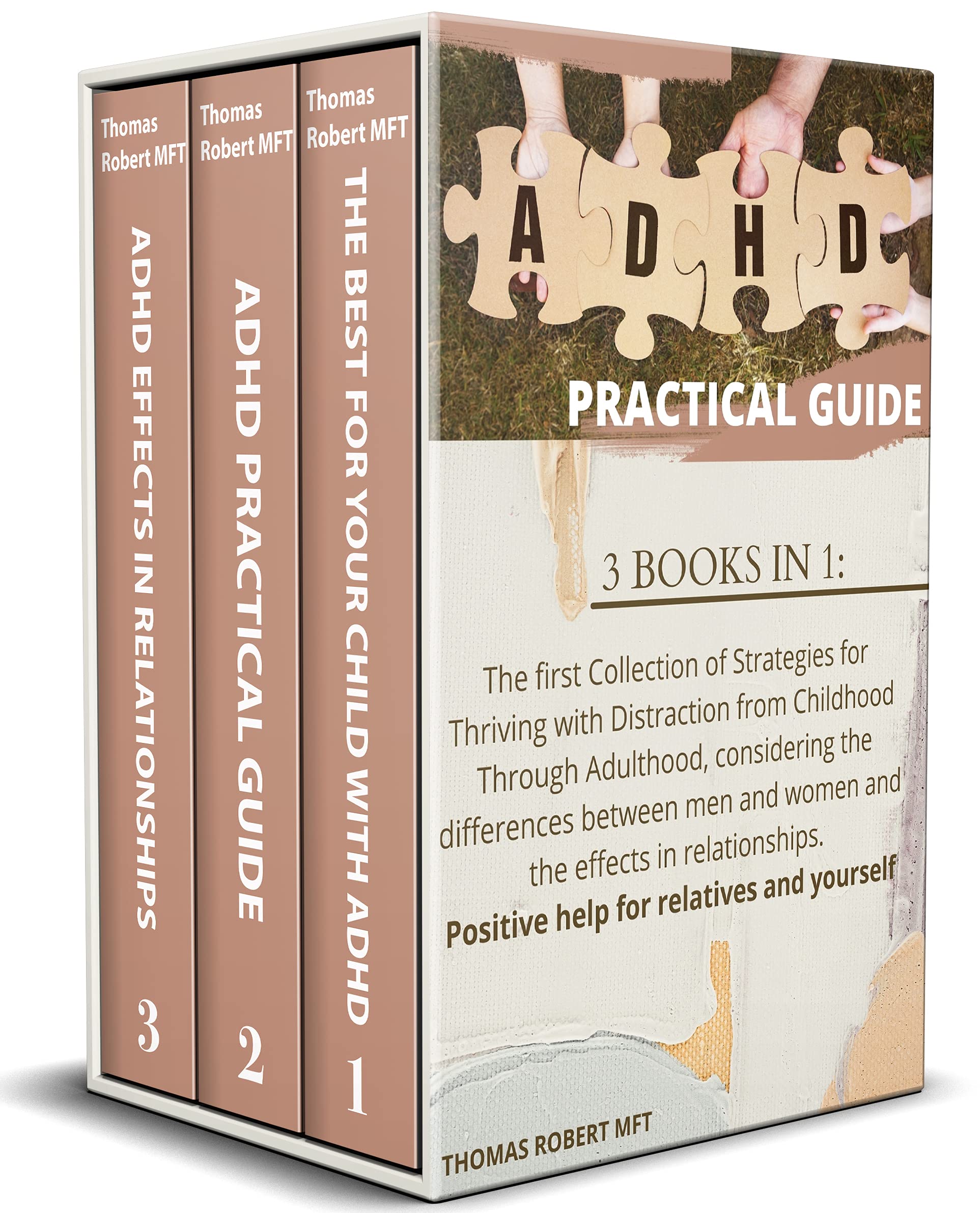ADHD, Aging, And Brain Iron: Understanding Attention And Cognitive Decline

Table of Contents
ADHD and Cognitive Decline: A Complex Relationship
Individuals with ADHD often face unique challenges as they age. While ADHD itself isn't a direct cause of dementia or other age-related cognitive decline, research suggests a potential increased risk for certain cognitive difficulties. The symptoms of ADHD, such as impulsivity, inattention, and difficulty with executive functions, can become more pronounced or manifest differently with age, potentially impacting daily life significantly.
- Increased risk of age-related cognitive decline: Studies indicate that individuals with ADHD may experience age-related cognitive decline earlier or more severely than their neurotypical peers. This is likely due to the cumulative effects of lifelong challenges with executive functioning and organizational skills.
- Difficulty with executive function in later life: Executive functions, such as planning, working memory, and cognitive flexibility, are often impaired in ADHD. As we age, these functions naturally decline, and this decline can be exacerbated in individuals with ADHD, leading to increased challenges with daily tasks and independent living.
- Potential for increased vulnerability to dementia: While more research is needed, some studies suggest a potential link between ADHD and an increased risk of developing dementia later in life. This warrants further investigation and highlights the importance of early diagnosis and management of ADHD.
- Importance of early intervention and management: Effective management of ADHD symptoms throughout life, including medication, therapy, and lifestyle changes, may help mitigate some of the potential negative impacts on cognitive aging. Early intervention is crucial for improving long-term outcomes.
The Role of Brain Iron in ADHD and Aging
Brain iron levels play a critical role in cognitive function. Iron is essential for the production of neurotransmitters, which are chemical messengers vital for communication between brain cells. Emerging research suggests a potential link between iron dysregulation, both excess and deficiency, ADHD symptoms, and age-related cognitive changes.
- Iron's role in neurotransmitter production and brain function: Iron is a key component in the synthesis of dopamine, a neurotransmitter implicated in attention, motivation, and reward processing – all areas often affected in ADHD. Imbalances can disrupt these crucial pathways.
- Potential for iron accumulation or deficiency in ADHD brains: Some studies suggest that individuals with ADHD may have different patterns of iron distribution in their brains compared to neurotypical individuals, potentially leading to either iron accumulation in certain areas or deficiency in others.
- How iron imbalances might exacerbate age-related cognitive deficits: Iron dysregulation could interact with the natural age-related decline in cognitive function, potentially worsening symptoms of inattention, memory problems, and executive dysfunction in individuals with ADHD.
- Current research investigating iron chelation therapy: Researchers are exploring the potential therapeutic benefits of iron chelation therapy, a treatment that removes excess iron from the body, in individuals with ADHD and associated cognitive problems. However, more research is needed to determine its efficacy and safety.
Iron Supplementation and ADHD: Benefits and Risks
The relationship between iron supplementation and ADHD is complex and requires careful consideration. While iron deficiency can negatively impact cognitive function, iron overload can be equally harmful.
- Importance of individual assessment before supplementation: Iron supplementation should never be undertaken without a thorough medical evaluation to determine if an iron deficiency exists. Simply assuming that iron supplementation will improve ADHD symptoms is not advisable.
- Potential benefits for iron-deficient individuals with ADHD: If an individual with ADHD has an iron deficiency, supplementation may improve cognitive function and reduce some ADHD symptoms. However, this benefit must be assessed on a case-by-case basis.
- Risks of iron overload and its consequences: Excess iron can be toxic to the body and can contribute to various health problems, including liver damage and increased risk of certain cancers. Therefore, iron supplementation must be carefully monitored.
Strategies for Maintaining Cognitive Health with ADHD in Later Life
Maintaining cognitive health as we age with ADHD requires a multifaceted approach that combines medical management, lifestyle changes, and proactive strategies.
- Importance of regular exercise: Physical activity improves blood flow to the brain, enhances cognitive function, and reduces stress.
- Healthy diet and nutrition: A balanced diet rich in fruits, vegetables, and omega-3 fatty acids supports brain health and reduces the risk of cognitive decline.
- Cognitive stimulation and brain training: Engaging in activities that challenge the brain, such as puzzles, learning new skills, or playing brain training games, can help maintain cognitive sharpness.
- Stress management techniques: Stress can negatively impact cognitive function. Practicing stress-reducing techniques such as mindfulness, meditation, or yoga is beneficial.
- Maintaining social connections: Social interaction and strong social support networks contribute to overall well-being and cognitive health.
- Importance of medication adherence: Consistent adherence to prescribed medication for ADHD is crucial for managing symptoms and improving quality of life.
Conclusion:
The connection between ADHD and age-related cognitive decline is complex and may involve brain iron levels. Managing ADHD effectively throughout life is crucial for mitigating potential risks. Individualized approaches focusing on lifestyle changes, medication (where appropriate), and monitoring of iron levels (with medical supervision) are essential. Understanding the interplay between ADHD and aging is key to proactive health management.
Call to Action: Understanding the impact of ADHD and aging on your brain health is crucial. Learn more about managing your ADHD and aging brain and consult with your healthcare provider to develop a personalized plan for maintaining cognitive health. Further research into the role of brain iron in ADHD and aging is ongoing and offers hope for future interventions.

Featured Posts
-
 Skolmassakern Historien Om Helena Och Iva
Apr 29, 2025
Skolmassakern Historien Om Helena Och Iva
Apr 29, 2025 -
 Willie Nelsons 4th Of July Picnic Texas Comeback
Apr 29, 2025
Willie Nelsons 4th Of July Picnic Texas Comeback
Apr 29, 2025 -
 Pw C Us Internal Probe Leads To Partner Brokerage Relationship Termination
Apr 29, 2025
Pw C Us Internal Probe Leads To Partner Brokerage Relationship Termination
Apr 29, 2025 -
 Diagnosing And Treating Adult Adhd A Practical Guide
Apr 29, 2025
Diagnosing And Treating Adult Adhd A Practical Guide
Apr 29, 2025 -
 The D C Blackhawk Passenger Jet Crash What Happened
Apr 29, 2025
The D C Blackhawk Passenger Jet Crash What Happened
Apr 29, 2025
Latest Posts
-
 How To Watch Ru Pauls Drag Race Season 17 Episode 9 For Free
Apr 30, 2025
How To Watch Ru Pauls Drag Race Season 17 Episode 9 For Free
Apr 30, 2025 -
 Watch Ru Pauls Drag Race Season 17 Episode 8 Online Free No Cable Needed
Apr 30, 2025
Watch Ru Pauls Drag Race Season 17 Episode 8 Online Free No Cable Needed
Apr 30, 2025 -
 How To Watch Ru Pauls Drag Race Season 17 Episode 8 For Free
Apr 30, 2025
How To Watch Ru Pauls Drag Race Season 17 Episode 8 For Free
Apr 30, 2025 -
 Unexpected Family Ties Nba Legend And Ru Pauls Drag Race Contestant
Apr 30, 2025
Unexpected Family Ties Nba Legend And Ru Pauls Drag Race Contestant
Apr 30, 2025 -
 Watch Ru Pauls Drag Race Live 1000th Show Global Livestream From Vegas
Apr 30, 2025
Watch Ru Pauls Drag Race Live 1000th Show Global Livestream From Vegas
Apr 30, 2025
